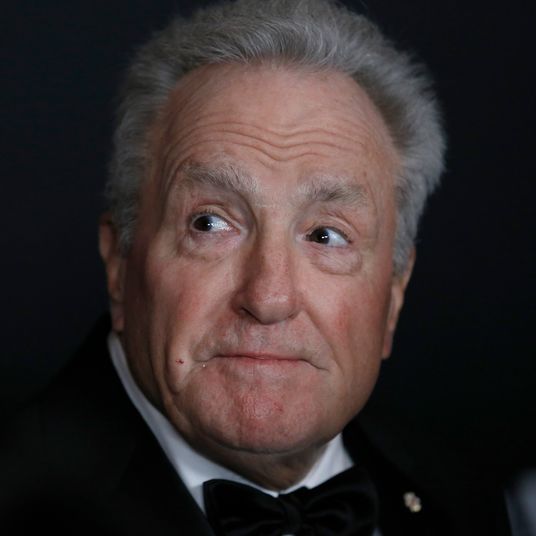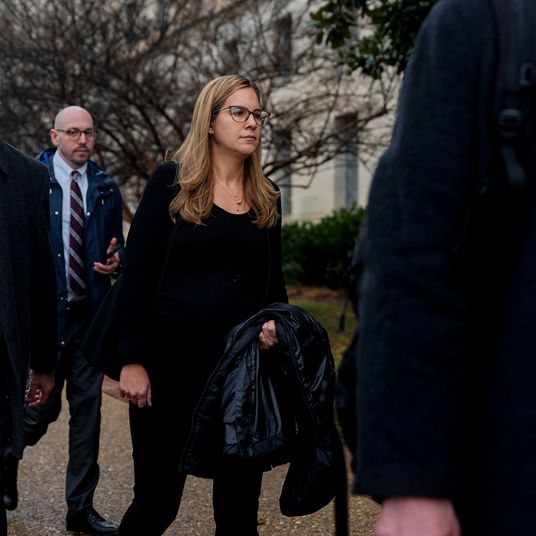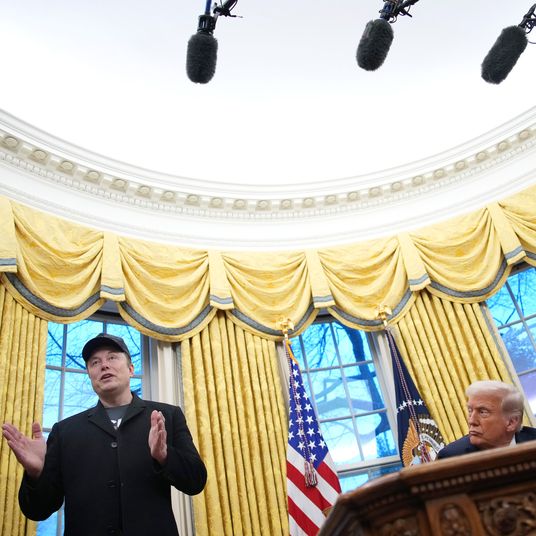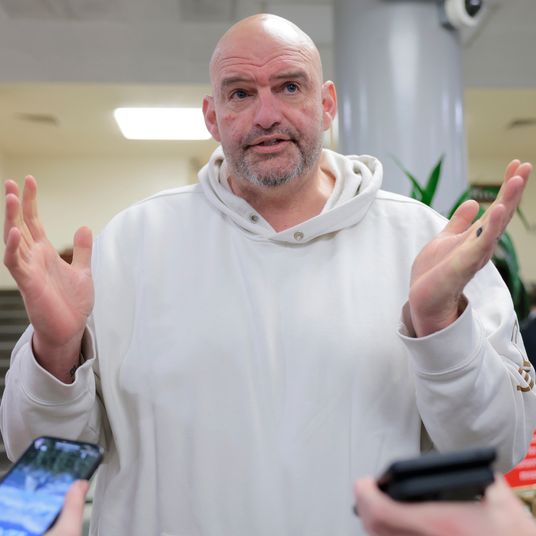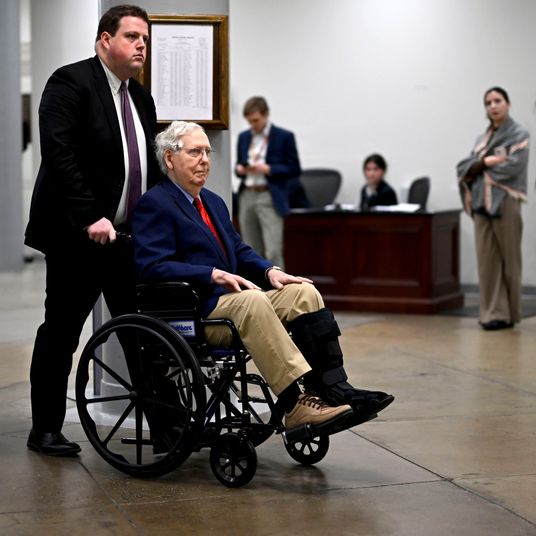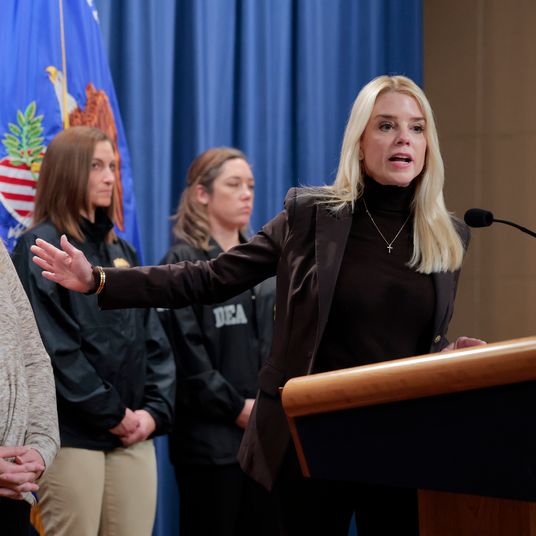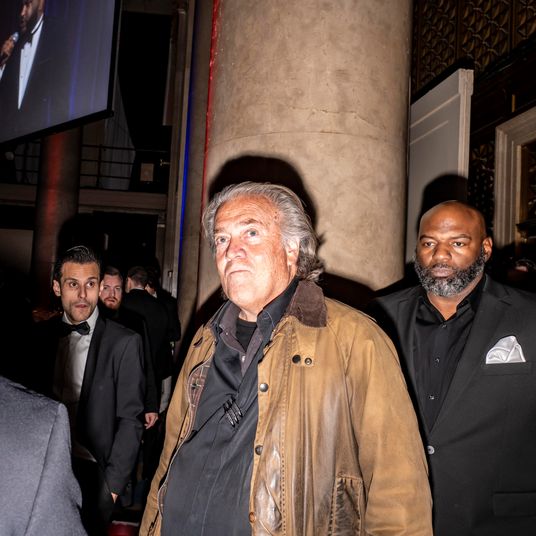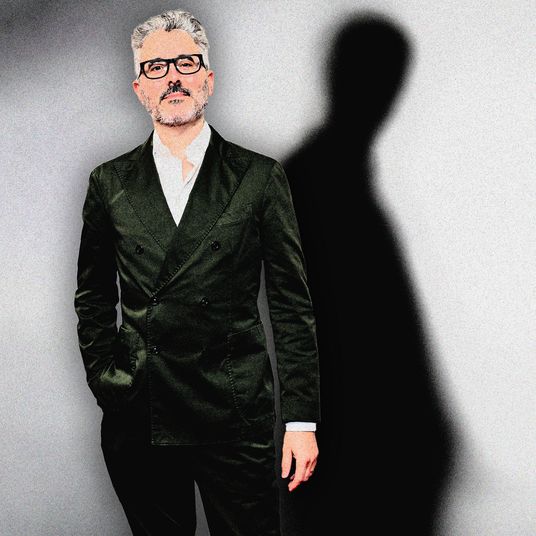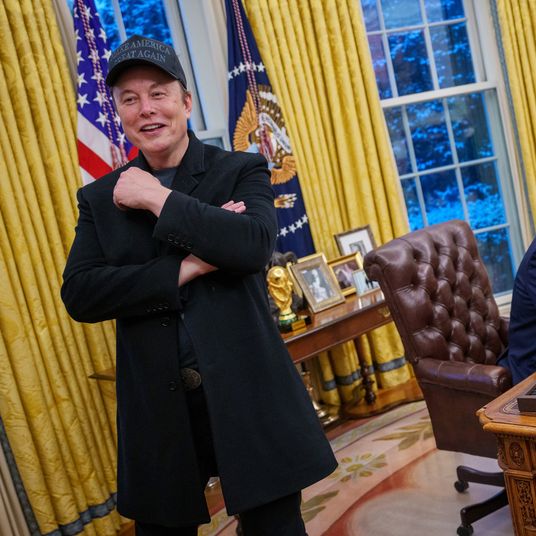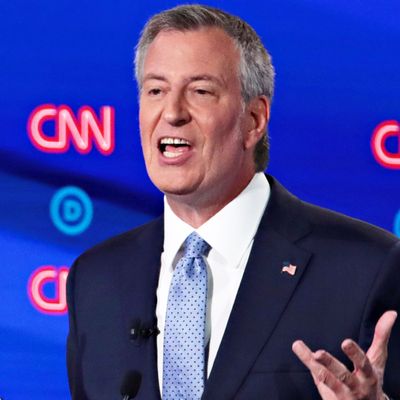
Ben: We’re a week away from the third Democratic debates, which will include only the top-ten-polling candidates. But we have fully ten other candidates who didn’t make the cut, yet are soldiering on, sometimes in humiliating fashion. My first and most important question is: When will these people finally drop out?
Gabriel: Well, some have suggested it could be coming sooner rather than later. Bill de Blasio, who until yesterday many people thought would stick around till the bitter end no matter what, suggested he’d bow out if he doesn’t make the next round of debates in October. I think you’ll see another wave of dropouts once the October debate qualification deadline hits, in a few weeks. That’s because theoretically more candidates could qualify for that debate than the September one. So everyone is holding out hope they can get onstage still, even if they don’t next week.
Other than that, though, it’s hard to predict: Usually presidential campaigns fizzle out when they run out of money. A few campaigns may be close to that, but we don’t really have a full current picture of all their finances.
Ben: Will there be a lot of pressure on these also-rans to bow out, or will the press and voters just ignore them even more as the top contenders continue to debate, raise money, etc.?
Gabriel: I think the latter is more likely. Very few of them are in a Hickenlooper-esque situation, where they’d be susceptible to pressure to run for something else. (No, Steve Bullock will not run for Senate! He’s made that pretty clear.) And since they’re not really commanding much attention/money/space in the polls, it’s not like it’s actively hurting anyone for a lot of them to be in the race, for the most part. Who would do the pressuring, anyway? Most voters just don’t care about a lot of the also-ran candidates, so won’t pressure them. The thing is: If you’re getting ignored, you’re gonna run out of money pretty quickly. That’s why there’s such a premium on the debates.
Bottom line, as far as the timeline goes: These folks will probably stay in until it becomes abundantly clear to them that they really have no shot at making any of the upcoming debates (we still don’t know what the criteria will be beyond October for qualifying). If it becomes obvious that they really have no shot at the stage, and therefore at getting people to pay attention, we might see some reconsideration and dropouts.
One thing that’s been embedded in a lot of the talk about these folks, though, is an implied belief that they’re somehow diluting the field, making it hard to gauge the top contenders’ real support. But so many of them are at one percent or less, and if they all got out, it’s not clear that any one of the front-runners would benefit all that much.
Ben: Yeah, I think that argument was easier to make when we had John Delaney inexplicably taking up premium screen time during the first debates. With him and the other lower-polling candidates out of the picture — literally — it does not seem as much of a pressing concern.
Gabriel: Right, and I think the terms of this conversation could change pretty dramatically depending on how the DNC decides to tighten the screws for the November debate — especially if the October debate stage expands to include Tom Steyer and Tulsi Gabbard, who could conceivably qualify.
Ben: What’s the current thinking on the DNC’s thinking?
Gabriel: Well, the DNC says it’s not trying to winnow the field. But, obviously, that’s not totally true. I find it pretty unlikely that they would make the November threshold something like 5 percent in polling and 250,000 donors, or something (these are arbitrary numbers; the current needed support levels are 2 percent and 130,000). Because that would essentially cut the field down to 5 or 6 or 7, and that would really look heavy-handed, especially when you look at previous contested primaries and the size of those fields. The party committees have generally been hesitant to elbow also-rans out of the way as long as they’re not too much of a nuisance, and as we’ve just talked about, the nuisance is pretty limited right now.
Ben: Do you think any of the ten candidates who aren’t in the debates are hurting themselves by staying in? It’s conventional wisdom that running for president can’t be harmful to one’s image, but I feel Bill de Blasio may be disproving that theory.
Gabriel: Well, Kirsten Gillibrand clearly made a calculation along those lines. But think about most of the people we’re talking about. A lot of them really weren’t well known, and will be a bit better known after this. And it’s not like those who have some stature already, like Michael Bennet (a senator!), have so far gone out of the way to do anything that could be embarrassing and diminish that stature. It could happen, of course. Like if Bennet or Bullock show up and try to crash the debates, or something like that. But Tim Ryan will likely return to the House a bit more famous, and that’s fine for him. Bennet will return to the Senate as more of a national figure. Gabbard will have more fans, and she was never trying to play an inside game in the House anyway. Delaney’s not in the House anymore, so what does he care? Bullock isn’t running for Senate, and he isn’t running for governor again. Marianne Williamson? She’s grown her book-buying audience. And so on.
This goes for de Blasio, too, by the way. He’s not running for mayor again. And I haven’t read any real speculation that he’s going to run statewide anytime soon. (What would that even be? Primarying Schumer?)
The one thing that these folks might be careful of is how they deal with their opponents: If they’re looking for a Cabinet job or something along those lines, they probably won’t go out of their way to torch any of the front-runners. So, again, I’d expect a lot of these campaigns to fizzle rather than going out with a bang anytime soon.
Ben: The line you hear from these campaigns is that in certain past contests, like in 1976 with Jimmy Carter or 2004 with John Kerry, the eventual winner was way, way behind at this point, and then rode a sudden, late surge all the way to victory. With the primary less localized than ever and candidates who were already household names dominating so far, is that an at all plausible path for the likes of anyone who finds themselves in the low single digits or worse?
Gabriel: Yeah, that’s a good point. Should’ve mentioned this earlier: Some of these people actually do believe they can pull a Carter! Bullock and Delaney are explicit about it. But a few things make it tough — this is a massive field, so it’s really hard to see enough other candidates falling apart sufficiently to make this happen. The media attention is so focused on the top few candidates, and so nationalized, that having a “moment” like that is really hard. And the Dem electorate appears to be so focused on the question of electability that it seems to be unwilling to seriously consider a newcomer/untested person. The only candidate whose positioning tests that proposition is Buttigieg, but he’s still in fifth, far behind the real front-runners.
Ben: Lastly, who do you think will be the next candidate to go? If you were a betting man.
Gabriel: I mean, does Wayne Messam still count?
Ben: I guess technically.
Gabriel: K, so, him. If we don’t want to count Messam, or, I guess, Joe Sestak, it’s just so hard to tell. Because the question is really: Is one of Delaney/Ryan/Bullock/Bennet/de Blasio running out of money? Delaney is self-funding. Bullock genuinely seems to be in it for the long haul. BdB seems to have given himself an October 1 deadline. So maybe Ryan or Bennet.
Ben: The suspense is (not really) killing me.





